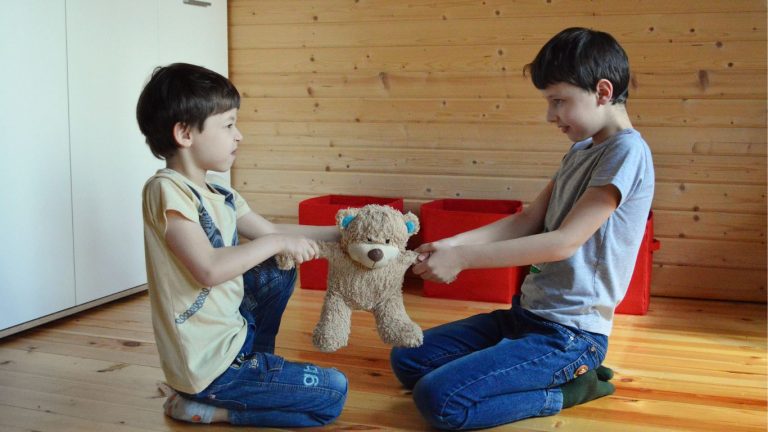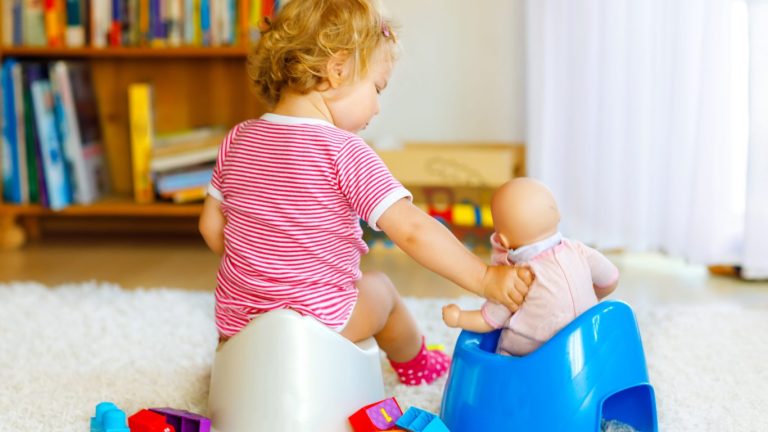Last month I talked about the idea that, to quote Margaret Nelson-Agee, “Until you have two competing ethics, you don’t have an ethical dilemma.”
As parents, we often find ourselves with two competing parenting “ethics” and these are the source of a parenting dilemma that means we are uncertain of “which way to jump.”
I’d like to share another of my favourites: “Why?”
Why?
Or to put it into its more usual childhood form “But Wh-y-y-y-y-y?”
Mostly, we hear the question “Why?” as a request for information and we do our best to deliver a reasoned, carefully crafted and possibly educational answer to the question. Having delivered the best answer that we can, we imagine that is going to be the end of it. That is probably the triumph of hope over experience!
Our ethical dilemma we face is that we sincerely believe that a child’s request for information deserves to be treated with respect, but if none of our answers are proving satisfactory, we find ourselves tempted to yell, “If you ask “Why?” one more time I’m going to face-plant myself into a bowl of jelly!” (The truth is that I have never wanted to yell that, but the sort of things I have been tempted to yell – and the few that I actually have yelled – probably shouldn’t be printed in this politically correct world. Use your personal experience and your imagination!)
There are two sorts of “Why?” that are not necessarily requests for an educational experience, so alternatives to answering the overt question may be of some help.
Why are plants green?
It all starts harmlessly enough.
Child (probably around four years of age): Why are plants green?
Parent: So that they can grow properly
Child: But why are they green?
Parent: Because they have special stuff in them called chlorophyll
Child: But why do they have… (child’s best approximation to chlorophyll)?
Parent: Because the chlorophyll helps the leaves to trap energy
Child: But why do they need energy?
Parent: To help them grow?
(By this time you are beginning to wonder why you just didn’t say “Because G-d paints them that colour.” Be warned. That just leads to “But how does G-d paint them?” and we are into a whole new realm of discussion that will have many, many more “But Whys?” than we can possibly imagine or handle.)
Child: But why do they grow?
Parent: They need to reach the sunlight
Child: But why do they need to reach the sunlight.
Parent: Because it helps them grow?
And on and on and on.
The first possibility is that this is a genuine request for further information. If so, we should do our best and enjoy having an intelligent and inquisitive child.
The second possibility is that we are finding ourselves going around in circles, we are getting frustrated, the questions are going round in circles, and we have a sneaking suspicion that our child is not listening to the answers, but merely preparing for the next question.
Also, the “Whys?” are getting whinier and more drawn out — now we have a feeling that our child is tormenting us in some way rather than on a quest for education.
You are right. Your child is after something else. Connection.
The Four-Year-Old Why?
Although this is very typical four-year-old behaviour, it is certainly not confined to that age. The problem our child faces (subconsciously) is that he wants to have a prolonged time with us, he wants to engage with us and he wants us to stay engaged with him. His problem is that he doesn’t have a current way of engaging us, but his experience shows that asking “Why?” is a good way to start.
Because we care so much, he has hooked us in. “That worked – but what else can I do to keep my parent talking and being with me? Asking “Why?” worked, so I better keep doing that.” And so he does. He keeps on with the questions, but it gets hard to keep going so the questions may make less and less sense.
Our child’s problem is that, at that age, he had a fairly limited range of adult-engaging topics. He is simply too little to bring up topics like “What do you think about the election outcome? How will the economic situation impact our family? How soon do you think America will pull out of Iraq?” Instead, the best he can come up with is a string of “Why?”
Your child wants you
Our child is merely showing us that he wants to engage with us. Let’s grab the opportunity to spend pleasant time with our child. Let’s recognise what is going on, answer the first few lots of “why?” as best we can, and then invite our child to work alongside us or to be with us in some other way. “Come and help me make the bed.” “Come and help me make dinner” or whatever tasks you were going to do next.
Keep engaged. Keep chatting. Stay together and enjoy the experience.
The “Why?” Challenge
There’s another sort of “Why?” that looks like a request for information, but is a thinly disguised challenge to our authority.
It all starts harmlessly enough.
Parent: Please put all your books back on the shelf
Child: Why?
Parent: Because we have to go out soon
Child: Why?
Parent: Because Grandma is waiting for us and when we come back we will need a nice, tidy house.
Child: Why?
Parent: Because when we get home we will need to make dinner right away
Child: Why?
Parent: Because by then it will be late and everyone will be hungry
Child: Why?
Parent: Because if you haven’t eaten for a while you need food
Child: Why?
By now parental hysteria and mayhem is only one “Why? away.
Remember what you are there for
Just remember your original purpose. You asked your child to do something. You have been wonderfully diverted from your original request.
It is probably unconscious, but your child has learned that if you ask her to do something you can be sidetracked with a “Why?” that leads to a series.
How do you tell if it is a genuine quest for knowledge or a way of getting out of doing as told? If it is a genuine request for information, the first or second answer will satisfy her. If you are onto your third “Why?” you are dealing with a very elegant form of non-compliance. Your child is refusing to do as told to a simple request, “Put the books back on the shelf.”
When “Why?” means “No”
When you ask your child to do something and the response is “Why?”, it probably means “I have no intention of doing that.” Override your urge to reply to “Why?”, go and stand next to your child and repeat the original request, quietly and firmly.
If she does as you have asked, say “Thank you for your help.” If she doesn’t do as you have asked, pop her in her room till she is ready to comply.
Congratulations! You have broken the spell that children can put on parents through asking “Why?”




